2014 Wall Street Reading List
A collection of the Wall Street Reading List's best business books published in 2014.
3,112 views
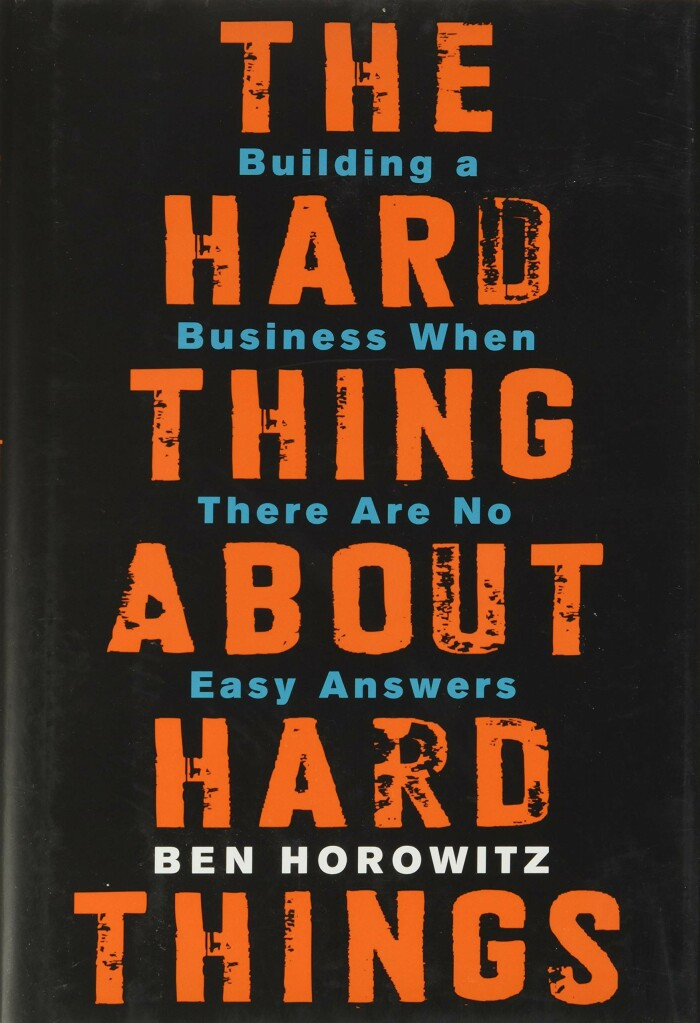
The Hard Thing About Hard Things
Ben Horowitz
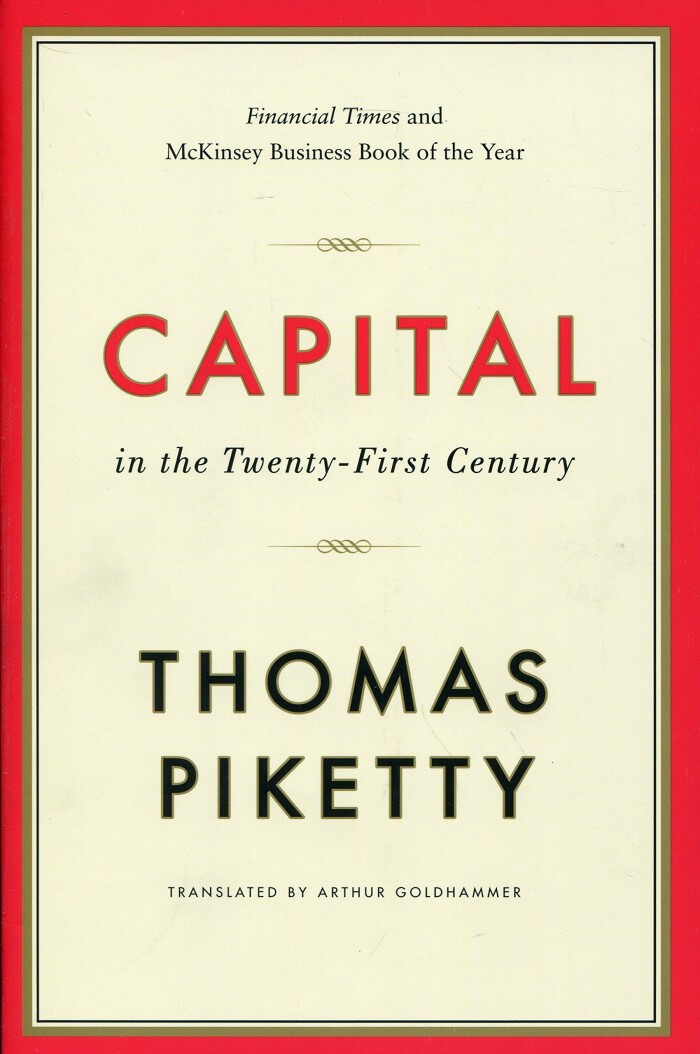
Capital in the Twenty-First Century
Thomas Piketty
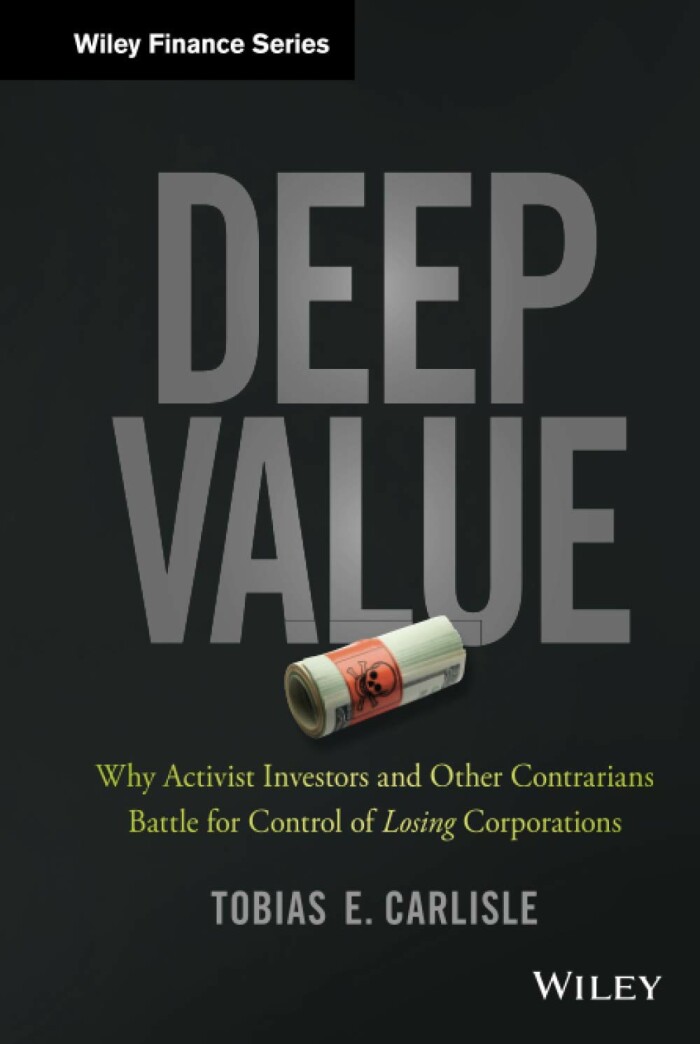
Deep Value
Tobias E. Carlisle
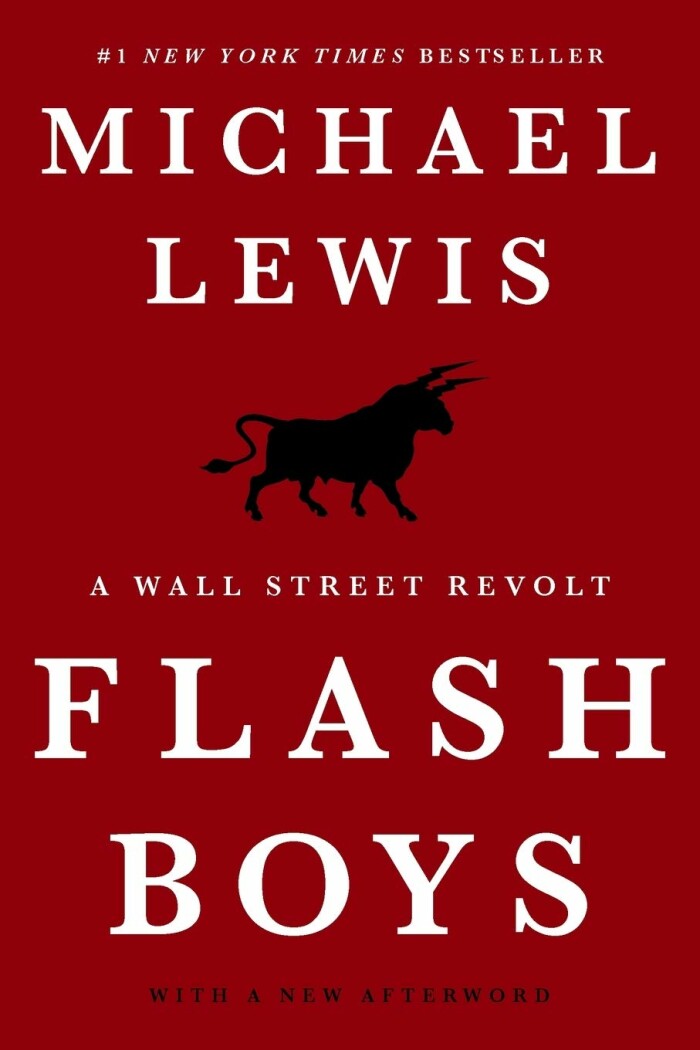
Flash Boys
Michael Lewis
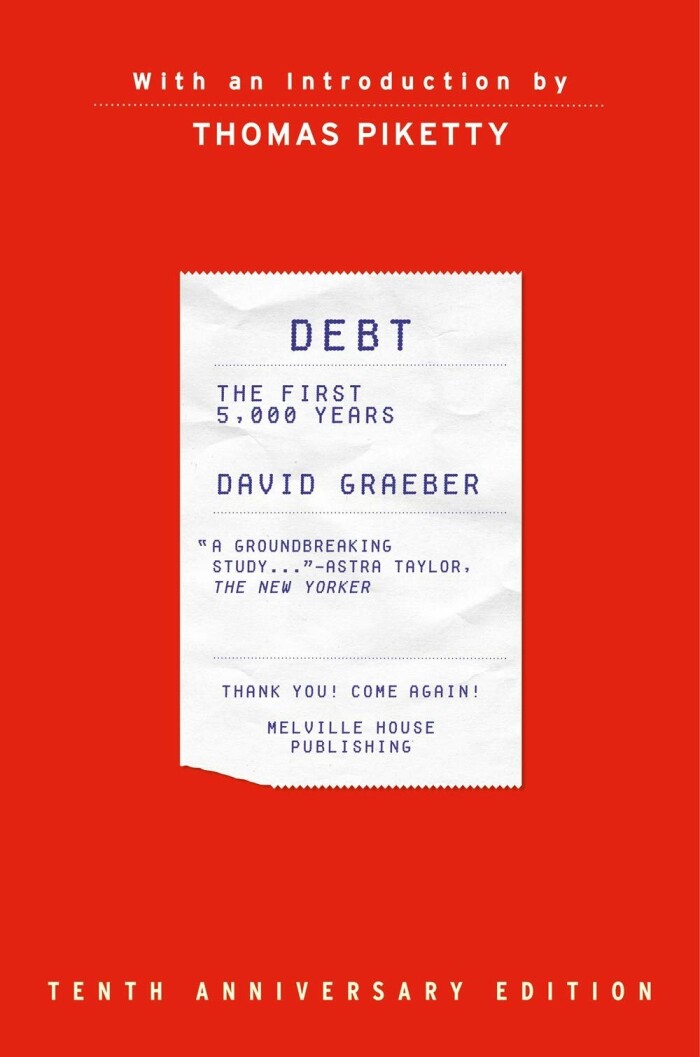
Debt
David Graeber
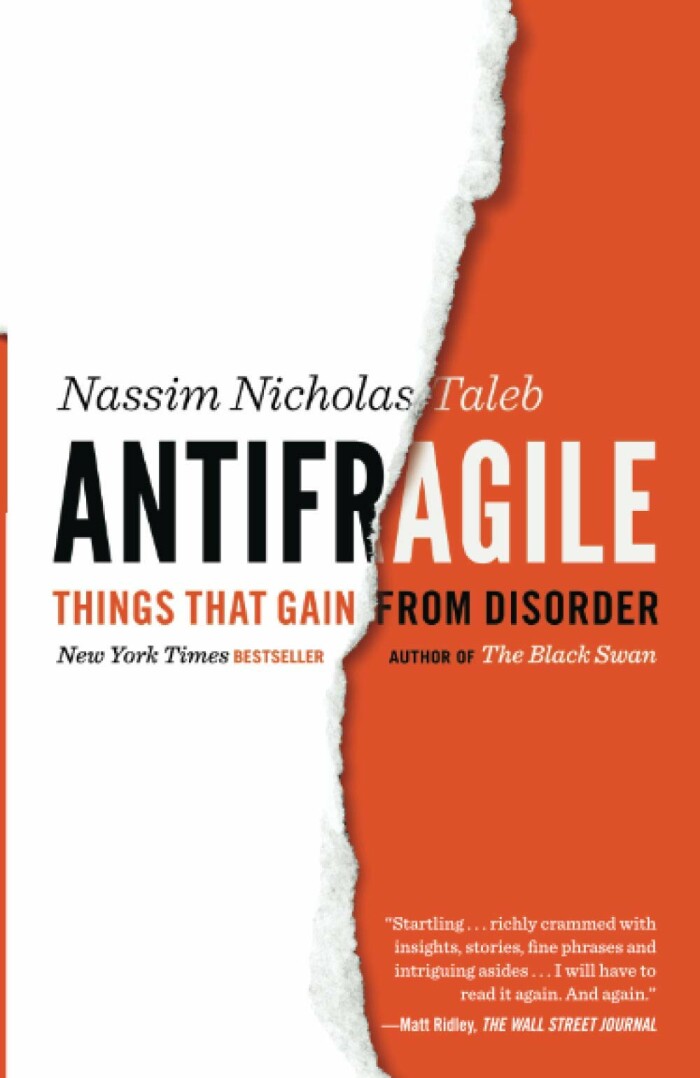
Antifragile
Nassim Nicholas Taleb
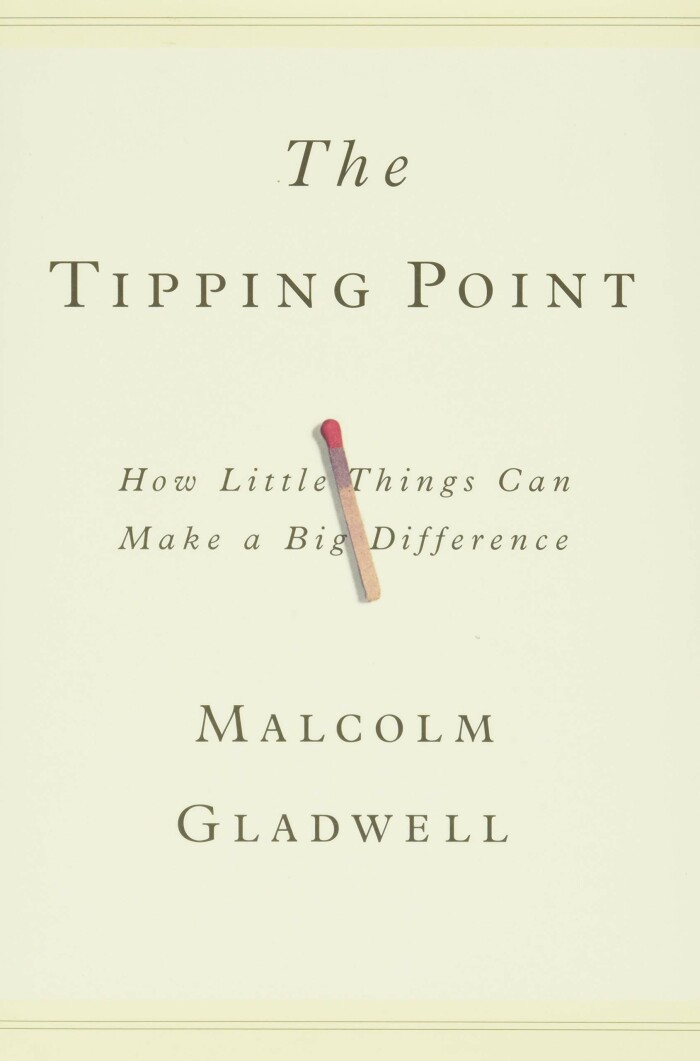
The Tipping Point
Malcolm Gladwell
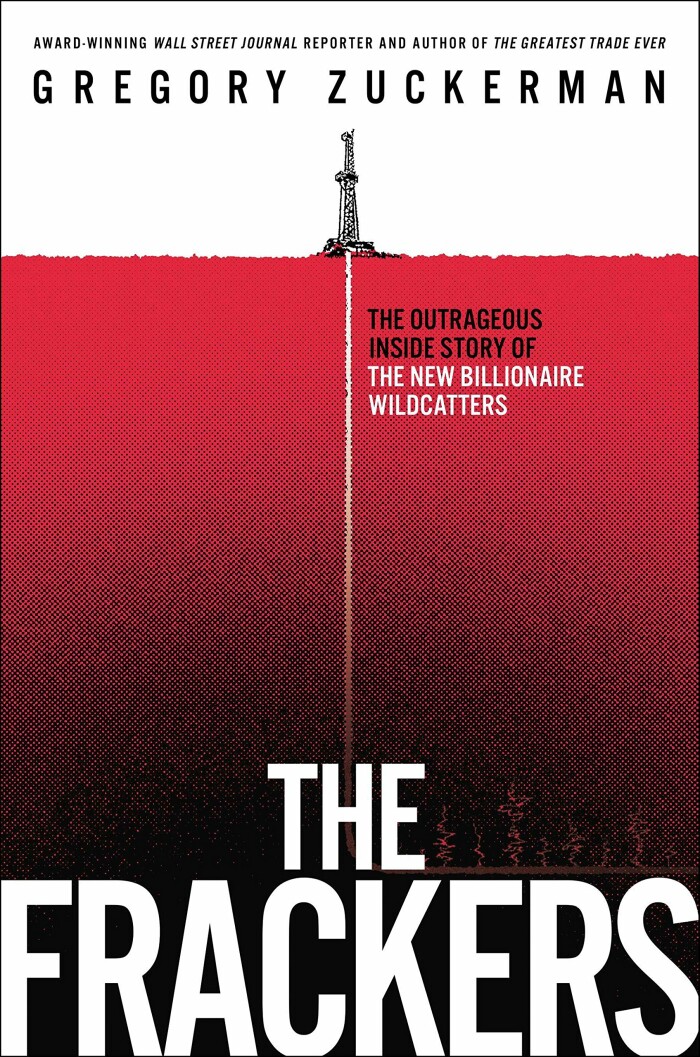
The Frackers
Gregory Zuckerman
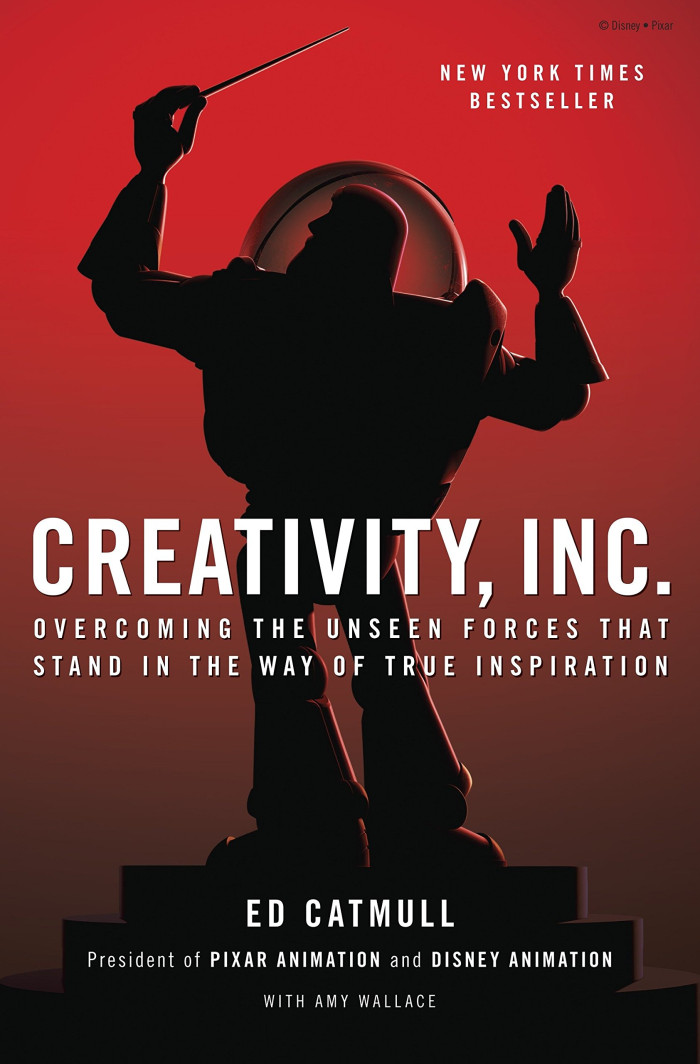
Creativity Inc.
Ed Catmull
